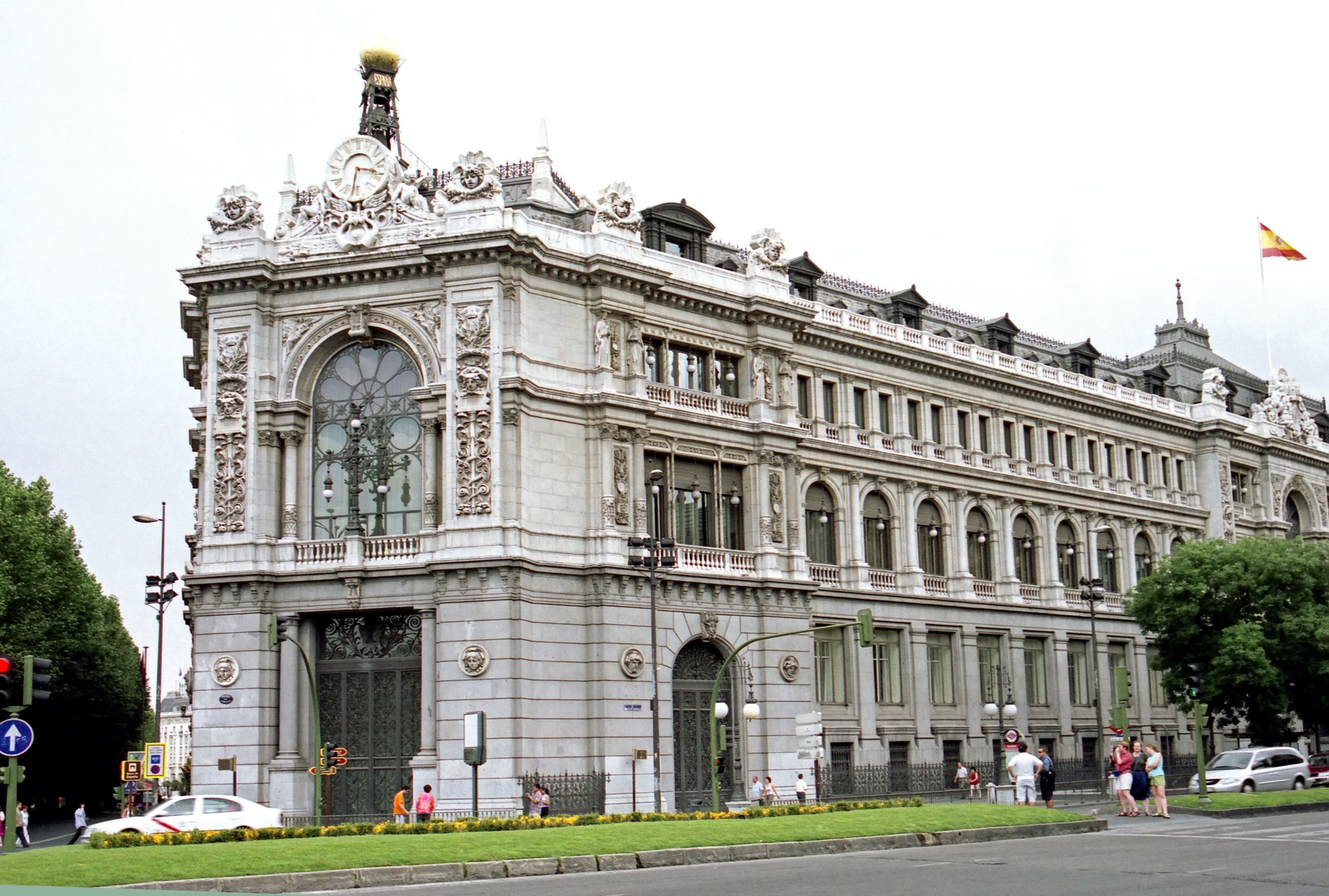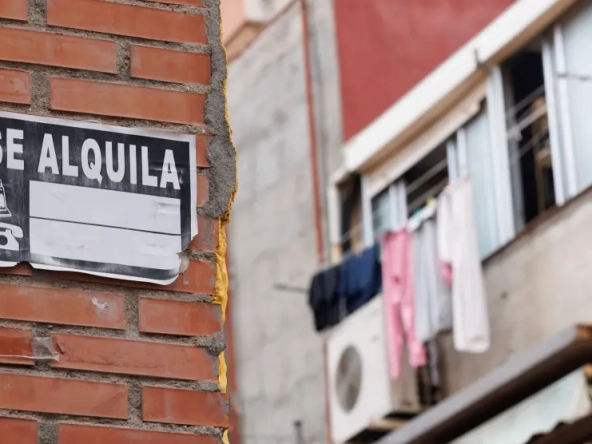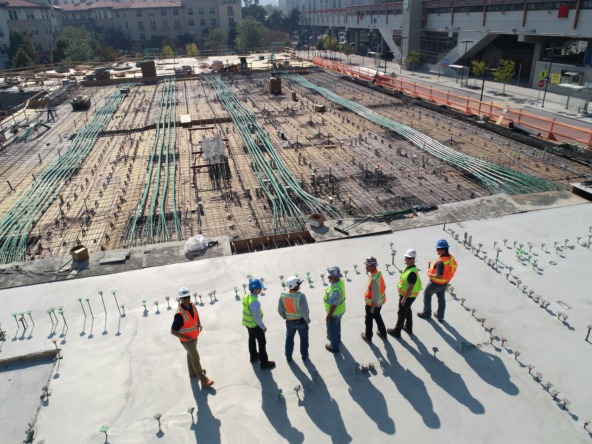The Bank of Spain has issued a strong warning: the average price of housing in Spain is above its long-term equilibrium level. According to its latest Financial Stability Report (April 2025), this imbalance ranges between 1.1% and 8.5%, exceeding the range estimated six months earlier.
The agency notes with concern certain macroeconomic and market indicators that could point to the formation of a new real estate bubble, especially in certain areas where demand pressure and supply shortages are driving prices up at unsustainable rates.
Worrying indicators
Factors supporting this warning include:
-
The gap between the current housing price and its structural equilibrium value.
-
The relationship between housing prices and household disposable income, which continues to deteriorate, especially in large urban centers.
-
The growth of credit to the real estate sector, which has increased for the first time in more than 15 years. According to the Bank of Spain itself, the balance of bank credit to the construction and real estate sector grew by 1% year-on-year in the second half of 2024.
In addition, the agency warns that this growth is taking place in a context of still high interest rates, which could affect the balance of bank balance sheets and the financial effort of households in the event of a sharp market correction.
Unprecedented market dynamism
Activity in the residential market has been intense. In the second half of 2024, 367,000 home sales and purchases were signed, which is 2.3% more than in the first half of the year and 16.6% more than in the same period of the previous year. According to the General Council of Notaries, the increase in demand has been particularly active in areas such as Madrid, Malaga, Alicante and the Balearic Islands.
Prices also show an accelerated evolution. According to Tinsa, new housing prices grew by 11% year-on-year, while second-hand prices rose by 9.5%, figures not seen since the pre-crisis years of 2008. This growth is not accompanied, however, by a proportional increase in wages, which has led to a significant deterioration in the affordability index.
In this regard, Idealista estimates that in cities such as Madrid or Barcelona, the average effort to acquire a home already exceeds 8 years of gross salary, moving away from the equilibrium threshold considered sustainable (between 4 and 5 years).
What can happen?
The possibility of a correction cannot be ruled out, although the Bank of Spain does not claim that a bubble exists in technical terms. It does point out, however, that “the current price level may induce a reversal if financial conditions, employment or general economic activity change”.
This is compounded by international uncertainty, cooling economic growth and a possible slowdown in foreign investment, which has been key to the market’s recovery since 2021.





